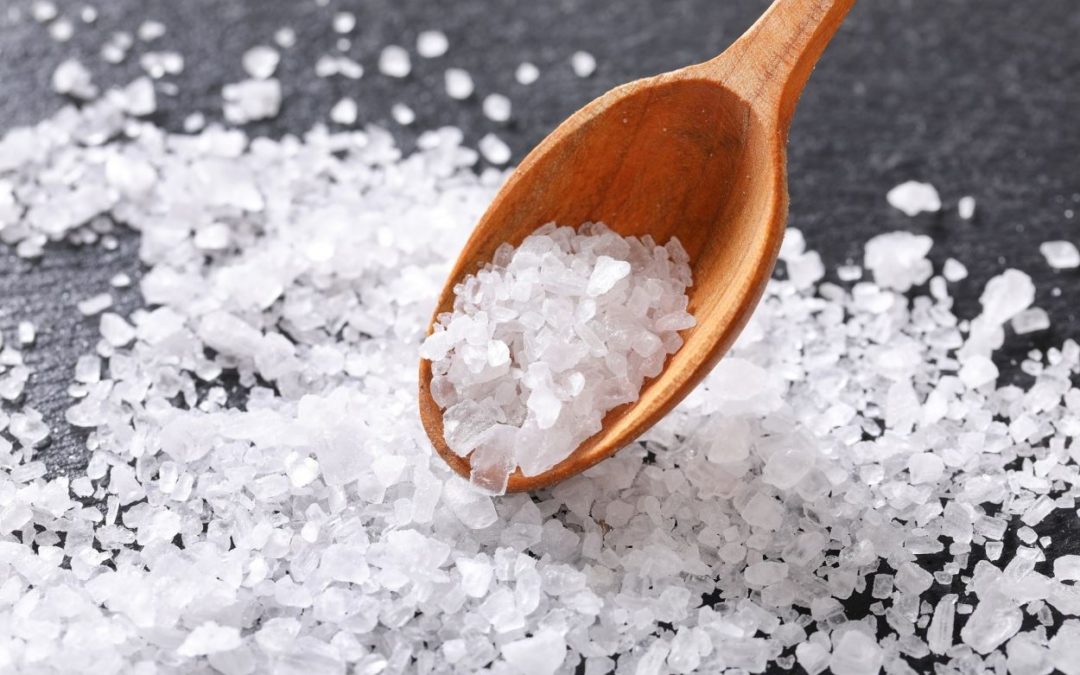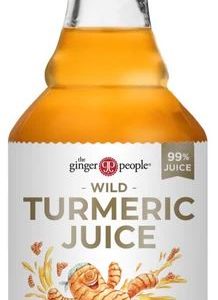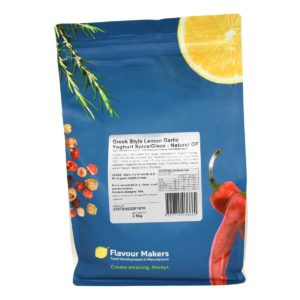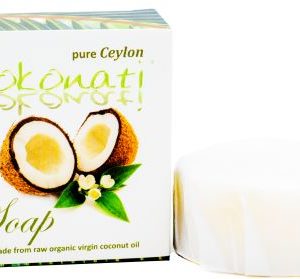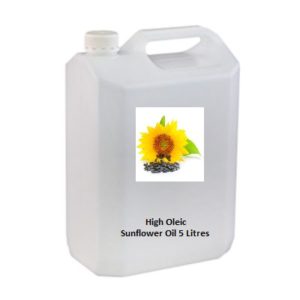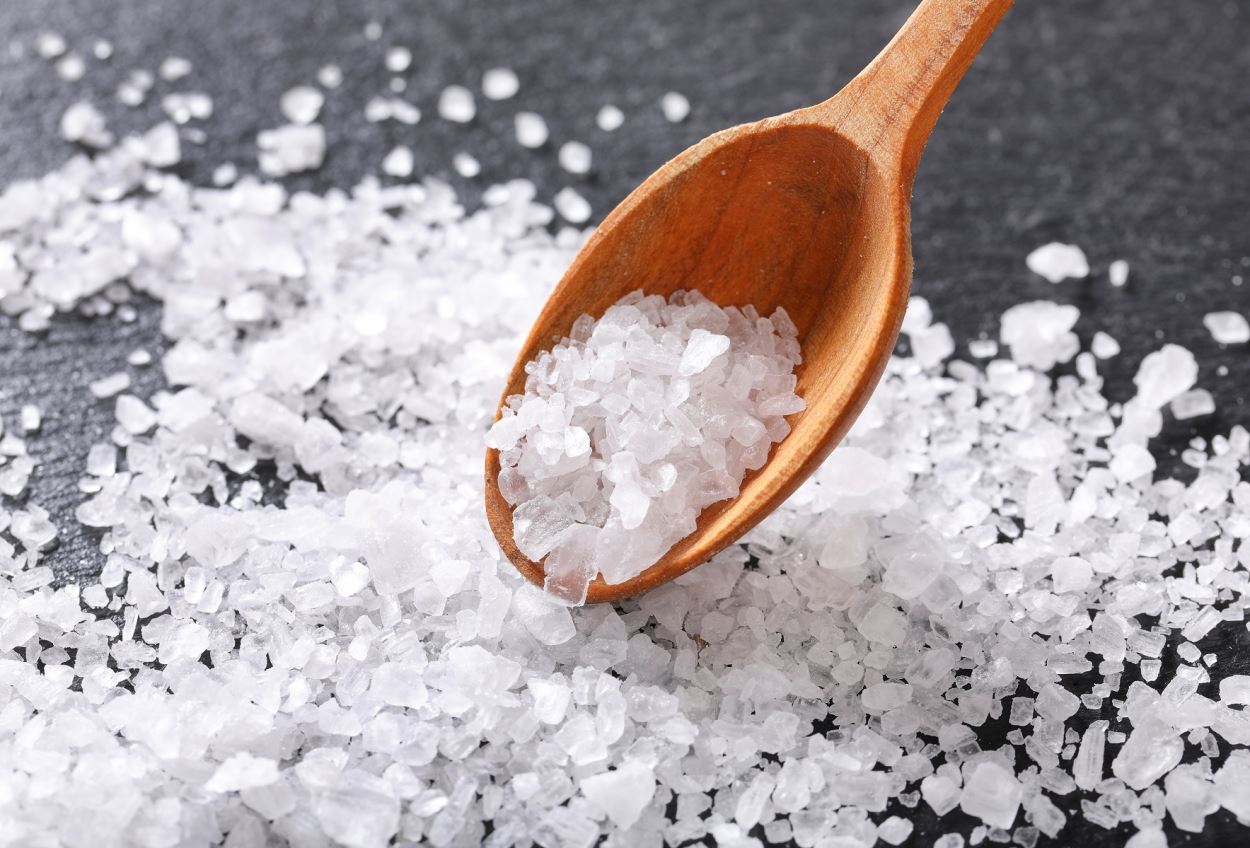
WHAT IS KOSHER SALT?
Kosher salt is a naturally occurring mineral that is coarse-grained and is historically used for removing surface blood from meats. kosher salt contains sodium chloride but in most cases, not iodine, qualifying it as a non-iodized salt. In a few circumstances it may also have anti-clumping elements.
Salt in General (NaCl)
Before we understand kosher salt, we have to take a brief detour and define what salt is in general. Kosher salt, just like any other salt, consists of molecules of sodium and chlorine bonded together by strong ionic bonds. Though kosher salt has sodium and chloride molecules, it is mostly considered a sodium reduction salt. By virtue of its large particles, a serving of kosher salt will always have a lower amount of sodium relative to an equal serving of other types of salt.
Salt comes from all over the globe, from the Khewra salt mines in Pakistan, where Himalayan pink salt is mined, to the coast of Hawaii, where Hawaiian black salt is mined. Kosher salt is mostly sourced from rock salt deposits in salt mines.
Salt has many uses outside the dinner table—such as infused bath salts—that have been used for thousands of years for its therapeutic properties and preservation.
Brief History of Kosher Salt
Kosher salt gets its name and meaning from an ancient Jewish tradition called kashrut. These are a set of strict dietary guidelines that guide the types of food allowed to be eaten to their preparation. One of the guidelines of this religious tradition is that eating meat containing blood is forbidden. Jews hence had to find a way to drain blood from meat, which led to the process of koshering. They would kosher meat by using a type of coarse-grained salt to drain blood from the meat. As used today in America, kosher salt does not necessarily adhere to Jewish culinary tradition but does meet some of its characteristics.
HOW IS KOSHER SALT MADE?
There are two types of kosher salt, the first is the coarse-grained kosher salt that is mined just like any other type of salt, and the other is kosher salt that meets traditional Jewish guidelines. For a kosher salt to be accepted as kosher, it has to be certified by a Jewish institute.
Kosher Style Salt
The most popular type of salt extraction is through the solar evaporation of seawater. Most of the salt comes from the sea. Salt, in fact, makes up about 2.5%of seawater. The seawater is then taken through various evaporation ponds where various seawater minerals precipitate at different temperature points. Alternatively, the salt found in the rich salt deposits of the earth, such as kosher salt, can be mined from underground mines. These underground mines are places that were once seas that later evaporated.
The salt is then sorted, separated, and processed to make kosher salt. The third method is the vacuum evaporation method. In this method, vertical wells are dug into a salt mine or deposit. Water is forced down one well as brine is pumped up the other. The brine is then stored in tanks before being taken to vacuum pans. The brine and water temperature are systematically regulated to precipitate varying textures of salt at different temperatures.
Kosher Certified Salt
Kosher-certified salt, commonly referred to as “kosher salt,” means that the salt has met the guidelines outlined by Jewish law and upheld by kosher certification agencies and members of the Jewish faith. The certification ensures that the product is produced and handled in accordance with these high standards and is suitable for consumption for those following a kosher diet.
Certified kosher salt is mined, just like all other types of salt. The difference is that the mining, processing, and packaging happens under strict Jewish guidelines. This means that no additives or chemical elements are added to the salt that may go against the kosher tradition. Once the salt processing is done, a rabbi or a recognized Jewish institution vets the salt and certifies that it meets cultural requirements.
KOSHER SALT VS. SEA SALT
Both kosher salt and sea salt are hailed as some of the purest and healthiest salts out there. But what characteristics set the two apart?
1. Mining Source
All salt comes from the sea, whether harvested from seawater or surface mines. The difference between seawater and land mines may lead to a slight variation in mineral content. Sea salt is mainly mined from evaporating or precipitating salt from seawater. Kosher salt, on the other hand, is mostly mined from salt deposits and mines found on land.
2. Texture
Both kosher salt and sea salt are coarse salts, although kosher salt is more coarse with its larger and uneven grains. Sea salt can be as coarse as kosher salt or as fine as table salt, which is dictated by how it is processed.
3. Processing
Both sea salt and kosher salt are some of the least processed salts. However, sea salt is processed even less than kosher salt because it is evaporated from seawater and packaged without additives or refining.
4. Purity
Kosher and sea salt are both very pure forms of salt. With a few exceptions, kosher and sea salt don’t have additives like iodine or anti-clumping elements. Although due to concerns about seawater pollution by microplastics such as polyethylene and terephthalate, kosher salt is now considered purer than sea salt.
5. Color
Kosher salt consists of pure white crystals. This homogeneity in color arises from the fact that most salt deposits on land are white in color. Sea salt can come in a wide variation of colors due to the differences in seawater’s color throughout the world.
6. Price
Kosher salt comes at different price points but generally is similar or a little dearer than plain sea salt.
WHY DOES KOSHER SALT TASTE SO GOOD?
The natural properties of kosher salt give it a slightly better taste relative to other types of salt. This superiority in taste arises from:
- Lack of Impurities — Kosher salt, unlike other types of salt, is unrefined and does not contain anti-caking agents or iodine. Sea pollutants are also absent in kosher salt since it is mined on land.
- Light Texture — The light texture of kosher salt gives it a distinctive subtle flavor that mixes well with other ingredients, making it an ideal spice for blending.
WHEN TO USE KOSHER SALT
Kosher salt is recommended for just about every form of cooking except for baking.
- Seasoning Meat & Vegetables — The large and flaky texture of kosher salt makes it a favorite in seasoning meat and vegetables before and during cooking. It is easier for the chef to pinch and apply the salt evenly on meat before cooking.
- Pickling & Brining — Pickling and brining can be a tricky affair with salt that has additives. Additives can dissolve in the brining water giving it a different color. With kosher salt, there are no anti-caking additives that may change the color of the water.
- Smoking — Smoking is one of our favorite ways of giving meat an interesting flavor. Salting before smoking can be a challenge with dense salt as it may prevent the smoke from penetrating the surface of the meat. The flaky nature of kosher salt makes it easier for the smoke to penetrate the less dense particles.
- Margaritas — If you’re a margarita person, you’ve heard the question “salt or no salt?” Kosher salt is a favorite for rimming margarita glasses for a more complex flavor.
- Pasta Water — Kosher salt is also a staple in many households for cooking tasty pasta. It is added to the water while boiling, then pasta, noodles, or spaghetti is cooked in the wate
COCAVO KOSHER STYLE FLAKE SALTS IN STOCK
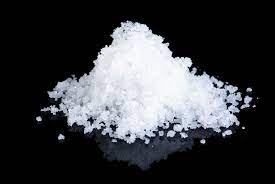
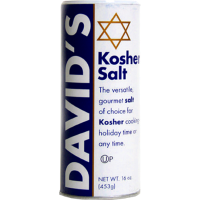
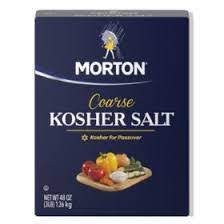

Cocavo Original
Cocavo is made from premium all natural ingredients, providing a sweet and delicious, yet delicate flavor.
It is the perfect cooking oil to enhance a wide variety of dishes from curries to stir-fries. Cocavo is dairy free, gluten free and suitable for vegans and vegetarians.

Cocavo Light
Cocavo Light is made from pure coconut oil and extra virgin avocado oil. The delicious, buttery yet mild flavor does not have the aroma or taste of coconut making it the perfect cooking oil for everyday use.
Cocavo Light is dairy free, gluten free and suitable for vegans.

Chili and Lime
Cocavo is carefully infused with selected chili and lime oils giving you the perfect blend. Cocavo enhances and brings out the flavors in dishes from seafood to stir-fry. The subtle hint of chili is perfect.
Cocavo Chili and Lime is dairy free, gluten free and suitable for vegans.

